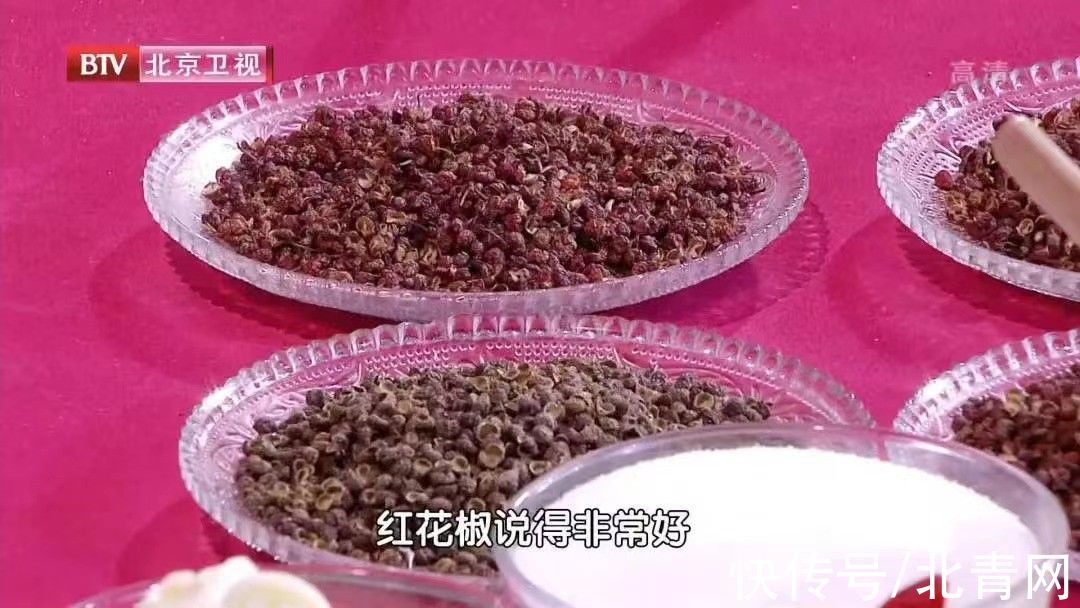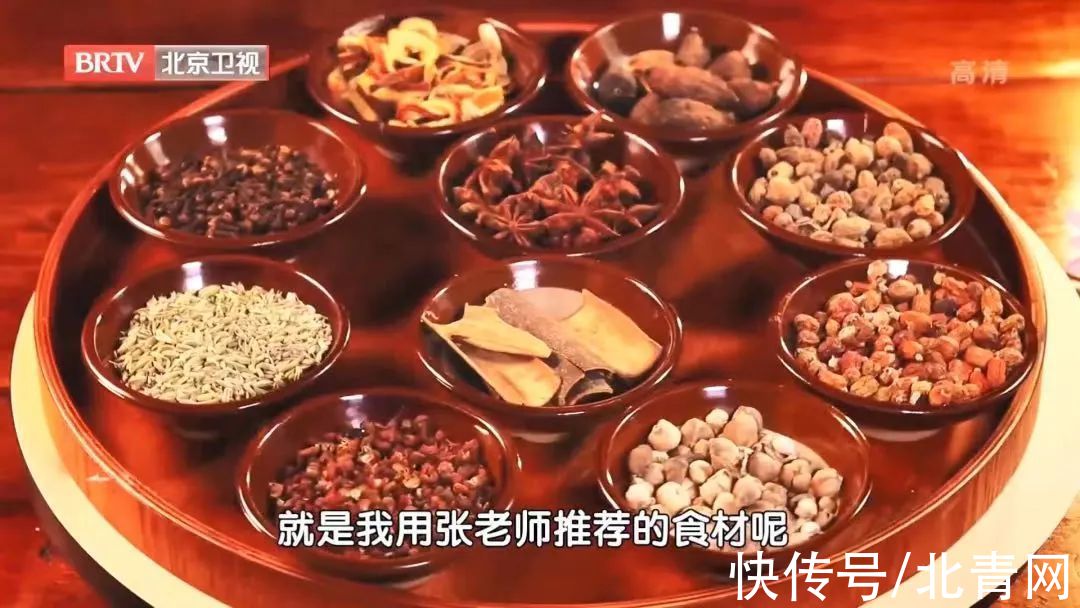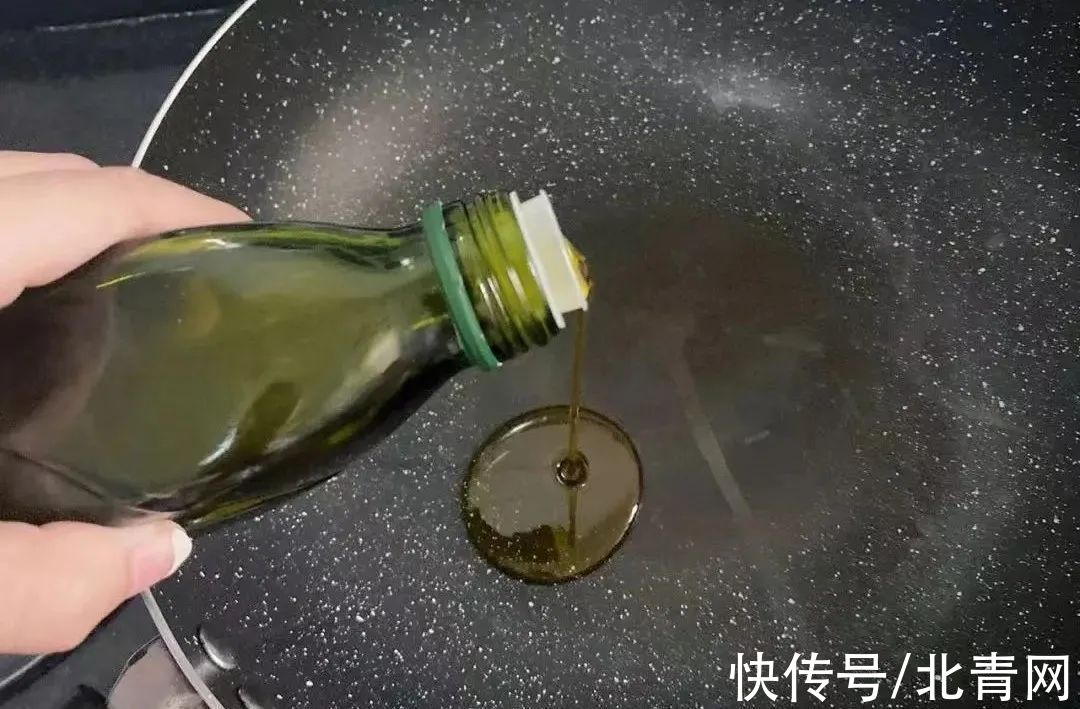There is an old saying: “If you have surplus food in your hands, don’t panic in your heart.” Many families have the habit of “hoarding goods”, especially for some durable things, such as rice noodles, condiments, cooking oil, etc. Many or a long time, but have you ever thought that these things will lose their nutrients after a long time? Will it deteriorate again?
1
If the rice is kept for a long time, will the nutrients be lost?
Fat, protein, carbohydrates, B vitamins and other nutrients contained in rice will be slowly lost due to improper storage methods and excessive storage time, resulting in a decline in the quality of rice and the viscosity of cooked rice. , The texture is not as good as before.
In addition, with the prolongation of storage time, the internal enzyme activity of the rice decreases, the structure gradually relaxes, and the rice grains are very easy to grow insects after they are broken.
It should be noted that mildew may also occur. If you eat aflatoxin-contaminated food, you may experience symptoms such as fever, abdominal pain, vomiting, loss of appetite and other symptoms in mild cases, and symptoms of toxic liver disease such as liver pain, lower extremity edema, and abnormal liver function in severe cases.

1
Shelf life of rice
The shelf life of rice varies depending on how it is processed and packaged. Generally, the shelf life of vacuum-packed rice can reach 12 months; ordinary packaging, it may only be 6 months; the shelf life of bulk rice is not clearly specified, generally 3 months in summer and 6 months in autumn and winter.
2
Storage Suggestions
In general, in summer, the temperature is high and the air humidity is high, and rice is easily damp and moldy, so it should be stored less. At the same time, you can put a few heads of dried garlic in the rice jar or put a cloth bag with an appropriate amount of peppercorns and fennel in advance to avoid insects.
In autumn and winter, the temperature is lower and the climate is dry, so rice can be stored in a moderate amount. However, it should be properly ventilated and stored in a cool, dry place as much as possible.

2
How much do you know about the shelf life of condiments?
Life is inseparable from firewood, rice, oil, salt, sauce, vinegar and tea, and there are many kinds of seasonings at home, but few people pay attention to their shelf life and think they will not be bad.
In fact, after the condiment is opened, the microorganisms in the environment will quietly enter the product and continuously decompose the nutrients in it. With the extension of time, the nutrients such as amino acids, sugars, proteins and vitamin C continue to decrease , the nutritional value is gradually reduced, and the flavor is getting worse and worse; even worse, some microorganisms also metabolize to produce toxic substances.

In addition, not all seasonings are stored at room temperature, and incorrect storage will accelerate the deterioration!
①Dry seasonings, keep away from the stove
Zanthoxylum, aniseed, fragrant leaves, dried peppers, fennel, cinnamon and other dry seasonings are mainly moisture-proof and mildew-proof.
Do not put these kinds of seasonings near the stove, it is easy to get wet and oily and cause mildew, and also avoid direct sunlight, and it is best to keep them dry and sealed. In addition, although dry seasonings do not have a clear shelf life, the fragrance of the spices will fade with the extension of storage time.

②Powder, granular condiments, dry and sealed
Such as pepper powder, pepper powder, cumin powder, etc. Processed spice products should be sealed and stored to avoid moisture agglomeration. It is best to buy small packages and use them up as soon as possible.
Sugar, salt, chicken essence, etc. are also susceptible to moisture and agglomeration, and also need to be sealed and stored.
③Sauce condiments, refrigerated.
*Fermented sauces, such as fermented bean curd, tempeh, etc., are produced by microbial fermentation. If they are not refrigerated after opening, they should be stored at room temperature. Likely to accelerate the growth of microorganisms and spoil the seasoning.
*Condiments containing eggs, milk, vegetables and fruits, such as mayonnaise, salad dressing, ketchup, peanut butter, etc., the higher the storage temperature or the longer the storage time, the non-enzymatic browning will occur. The more serious the change. Therefore, it needs to be refrigerated once opened. Note that oyster sauce also needs to be refrigerated after opening.

④Liquid seasonings, keep away from light
Liquid seasonings such as soy sauce and vinegar should be packed in glass bottles, and be careful to tighten the caps. Store in a ventilated, sunless place.
3
Is the shelf life of edible oil 18 months?
In most people’s minds, edible oil is a product with a long shelf life. It is true that the shelf life of common edible oils on the market is often as long as 18 months. So it seems that if we use up a barrel of oil in half a year, there seems to be no problem.
But Coco wants to tell everyone that you all got it wrong. 18 months refers to the shelf life under the premise of unopened and protected from light, but once opened and used, the shelf life will be greatly shortened.
1
Expired oil is equal to a chronic “poison”
After opening, edible oil will be affected by oxygen, water, light, heat, microorganisms, etc. Hydrolysis or oxidation leads to rancidity, decomposes neutral oils into glycerol and oleic acid, or breaks the unsaturated chain in oleic acid to form peroxides, and the haram flavor is the result of oil oxidation and rancidity.

Rancid oils and fats have low nutritional value. If the degree of rancidity is serious, some adverse reactions may occur in the body after eating, such as diarrhea, vomiting, and abdominal pain. etc.; long-term consumption may also lead to increased blood lipids, atherosclerosis, acceleratedHuman aging increases the risk of cancer, cardiovascular disease and other diseases. Cooking with such oil is equivalent to “chronic poisoning” in the family.
It is best to buy oil in small bottles, use up within 3 months after opening, and keep away from the stove, store it in a cool and dry place with backlight and seal.
(I am a big doctor official WeChat)